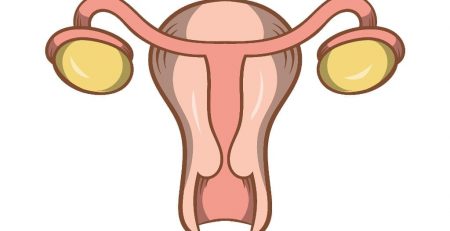Birth Control Users Have a Different Type of Brain, New Study Finds
According to new preliminary findings presented at the Radiological Society of North America (RSNA), “[w]omen who use birth control pills have a significantly smaller hypothalamus volume, a region of the brain associated with anger and depression, than those who do not take oral contraceptive pills (OCPs),” IFLScience.com reports.
This study looked at high-resolution MRI scans from 50 healthy women, 21 of whom were taking OCPs at the time the images were taken. The researchers noticed a “dramatic difference” in the sizes of certain brain structures between those who had and hadn’t been taking oral contraceptives.
“Sex hormones have known (from animal studies) trophic effects on the central nervous system. Some results on brain structure have been reported, but none on the hypothalamus, which has a central role in the regulation of reproduction and endocrine function in general,” Dr. Michael Lipton, a professor at Gruss Magnetic Resonance Research Center at Albert Einstein College of Medicine and medical director of MRI Services at Montefiore Medical Center, told IFLScience.com. He claims this study provides a “bridge to understanding functional alterations” associated with OCP use.
The hypothalamus is a small structure of the brain, “primarily [consisting] of gray matter providing important functions which can be summarized to maintain homeostasis.” It is responsible for the production of hormones and the regulation of essential bodily functions, such as mood, appetite, libido, sleep, and body temperature.
However, the results are not conclusive. Lipton adds: “It is important to keep in mind that this study is just the first hint at an effect of OCPs on the hypothalamus. It is premature to extrapolate to a direct causative role of OCPs and certainly any causal link to specific physiological or behavioral effects. Those questions must be addressed in a larger prospective study that is specifically designed to address those specific questions.”
He also notes that, while OCP users should not be concerned, more research will be required before “to reproduce and understand the clinical implications of the effects, if any.”














